Gandaki Province Chief Dilli Raj Bhatta has extended an invitation to political parties to assert their stake for government formation in the province. In accordance with Article 168 (2) of the Constitution of Nepal, a notice published by the Office of the Province Chief outlines the procedure for parties to submit their claims within the next seven days, with a deadline set at 3 pm on April 9.
The call for government formation comes in the wake of the resignation of Chief Minister Surendra Raj Pandey, who tendered his resignation in the early hours of Wednesday. Pandey, the parliamentary party leader of the Nepali Congress (NC), chose to step down following indications that he would not secure a vote of confidence in the provincial assembly. The government found itself in the minority after the CPN (Maoist Center) withdrew its support on March 6, necessitating a floor test by April 4.
The political landscape of the province plunged into uncertainty amidst the formation of a new ruling coalition at the center. Pandey’s decision to dismiss two Maoist Center ministers from his cabinet on March 5, following the party’s alliance shift to the NC, UML, and Rastriya Swatantra Party (RSP) coalition at the center, further fueled the political flux.
Contenders for the Chief Minister’s Position
In accordance with the recent power-sharing arrangement among coalition partners in Kathmandu, the leadership of the next government in Gandaki Province is expected to be assumed by the UML. This paves the way for Khaga Raj Adhikari, UML’s parliamentary leader in the provincial assembly, to potentially return as the Chief Minister.
Adhikari, who briefly held the position after the November 2022 elections, faces the challenge of securing the required support of 31 members in the 60-member provincial assembly. Despite UML and the Maoist Center holding 22 and 7 members, respectively, they still fall short of a majority. Similarly, the Nepali Congress, with 27 members, also lacks the necessary support for government formation.
The provincial assembly includes Phanindra Devkota of the Nepal Samajbadi Party (NSP), who contested the election under the Maoist Center’s banner, and Independent Member Rajiv Gurung, both of whom could potentially influence the outcome.
The Role of Rastriya Prajatantra Party (RPP)
The two members of the Rastriya Prajatantra Party (RPP) in the provincial assembly hold a pivotal position in government formation. While their support could enable the UML-Maoist Center coalition to secure government formation, the RPP’s central leadership has publicly stated their neutrality in supporting any particular party.
The failure of Pandey to secure RPP’s backing led to his resignation, indicating the crucial role RPP plays in provincial politics. For Adhikari to secure his position, he will need to navigate the RPP’s stance effectively.
Future Course
Should the political parties fail to stake their claim for government formation within the stipulated seven days, the Province Chief will be mandated, as per Article 168 (3) of the Constitution of Nepal, to invite Pandey, the parliamentary party leader of the largest party in the provincial assembly, to form a government. However, Pandey, like his predecessor, will need to undergo a vote of confidence within 30 days of assuming office.

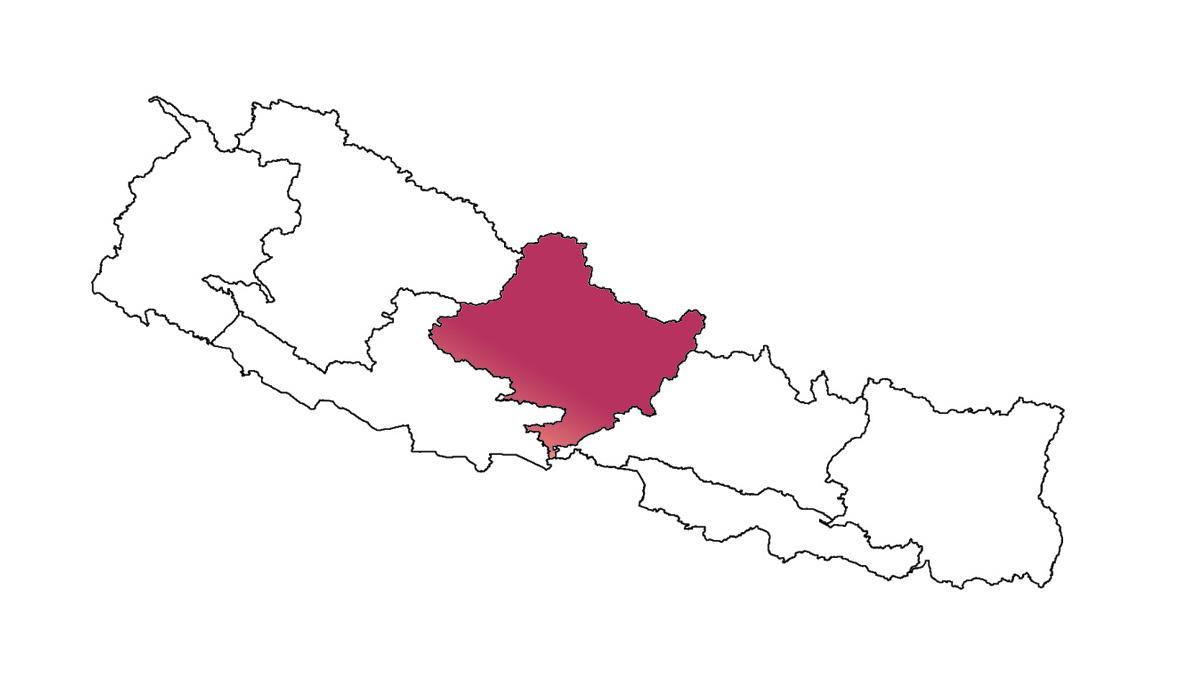


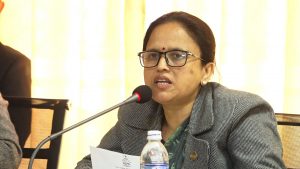
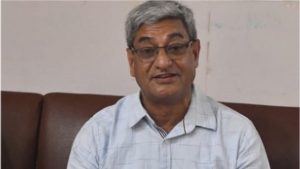
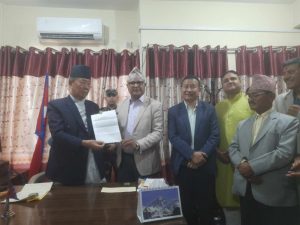
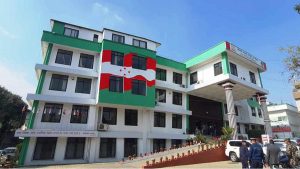

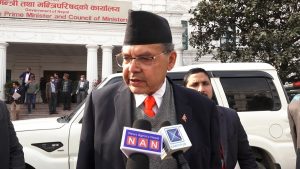



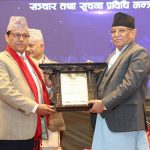

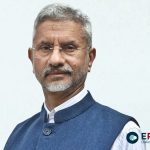
Comments